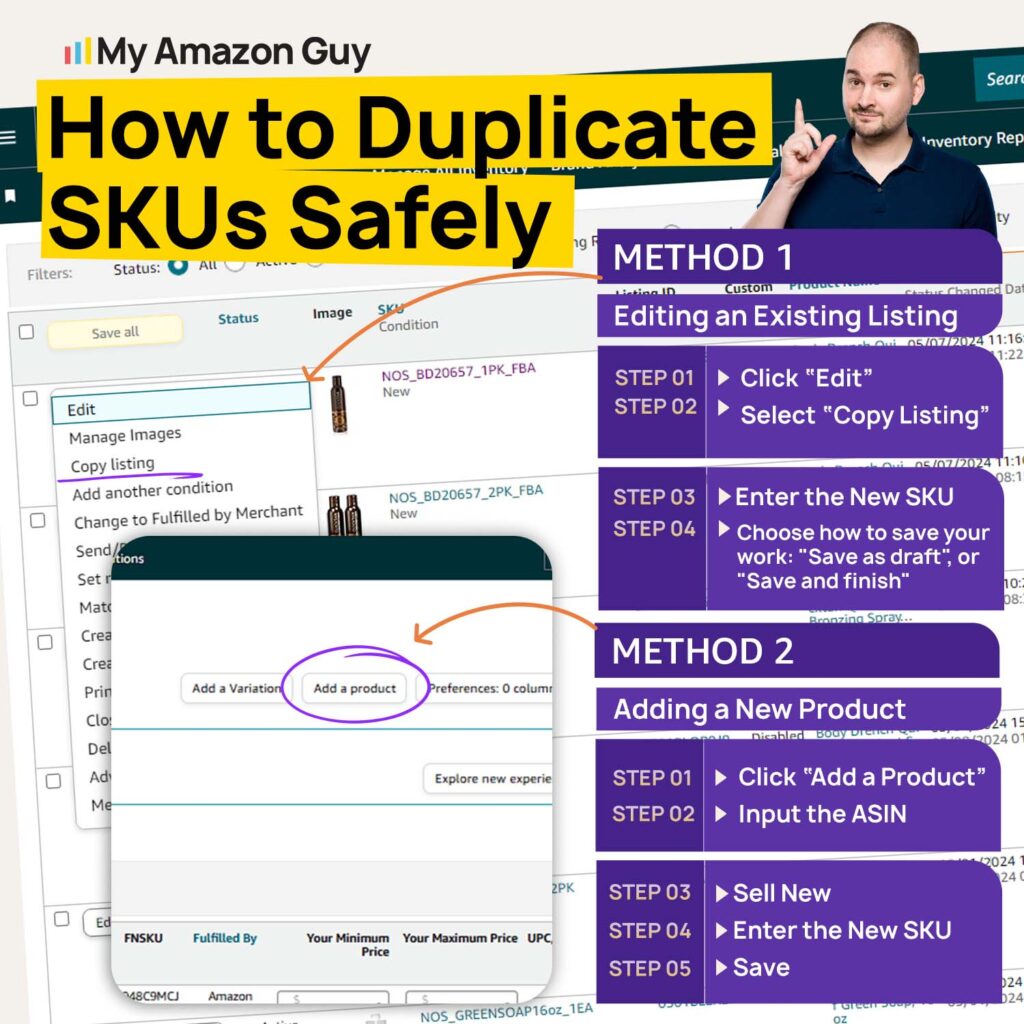What’s your plan if Amazon suddenly pauses all inbound FBA shipments? Sounds like a nightmare, right? That’s one of the disadvantages of Amazon FBA: overreliance on it puts you at Amazon’s mercy.
Selling on Amazon might feel stable, until it’s not. You’re building a business on a platform you don’t control, and that means unexpected restrictions and policy shifts.
As proof, during the early days of the pandemic, Amazon halted inbound FBA shipments to prioritize essentials, and sellers with no backup plan were left scrambling. In this post, we’ll break down what happened, how to prepare better, and a proven backup strategy to protect your sales.
Disadvantages of Amazon FBA Overreliance
Amazon sellers were panicking when inbound FBA shipments were suddenly paused during the pandemic. It was a wake-up call for anyone who had no alternatives to Amazon FBA.
This announcement blindsided thousands of sellers who didn’t have their own shipping setup or merchant-fulfilled listings ready. With no stock moving into FBA, their products risked going out of stock fast.
The problem wasn’t just the pause itself, but the overconfidence sellers had in FBA as a bulletproof system. When Amazon shifts its priorities, like focusing on essential goods, your business takes the hit if you’re not diversified.
The Solution: Backup Strategy for Amazon FBA
The smart move is to set up a backup plan using Merchant Fulfilled Network (MFN) listings. This gives you a fallback option when FBA isn’t available or delayed.
Our Amazon agency recommends duplicating your FBA SKUs and creating MFN versions with a slight price increase. That way, your FBA offer still gets the Buy Box priority, but your MFN listing kicks in when FBA goes out of stock.
This isn’t just a pandemic tactic, it’s a timeless strategy you can use anytime stockouts might happen. It keeps your listings active, maintains sales velocity, and prevents total stockouts.
Why This Strategy Is Still Relevant Today
Amazon is still unpredictable. Just look at the recent tariff increase that caught many sellers off guard.
With policy changes, warehouse limits, and rising shipping costs, putting all your eggs in the Amazon FBA basket is a risky move. So always make sure to have a backup plan.
During peak seasons like Prime Day and Q4, restock limits tighten and check-in delays lengthen. Sellers without a fallback plan are usually the first to run out of stock and fall behind.
Keeping your MFN listings active, even as a safety net, gives you control. It’s the difference between scrambling to recover and staying in the game when chaos hits.
Overcome the Disadvantages of Amazon FBA
Relying solely on Amazon FBA puts your business at the mercy of decisions you don’t control. One policy change or logistical hiccup, and your entire operation could stall overnight.
Stay prepared and flexible, don’t wait for the next crisis to take action. Having a backup plan could be the difference between a minor setback and a major loss.
Do you need help building a solid Amazon FBA backup strategy? Contact our full-service Amazon agency today and let our experts help you stay ahead of the chaos.





